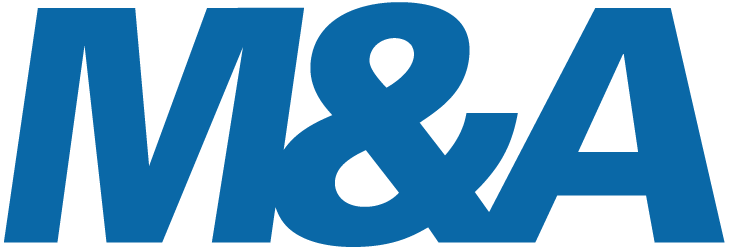Millions lost in carve-out deals

Those that do should approach with a note of caution after research revealed around a fifth of carve-outs result in millions of dollars wasted because of inefficiencies.
While the deal economics of carve-outs can be very attractive, an independent survey, commissioned by TMF Group, found that 34% of senior executives from private equity firms with buy-side experience and 27% from corporations said their most recent cross-border carve-out failed to deliver on expectations, with 24% and 19%, respectively, saying costly overruns significantly impacted the deal.
Where a delay resulted in increased cost, a clear majority of those from private equity firms (92%) said it added 10% or more of the original value of the deal, with 30% saying more than 16%. The figure for corporates was equally high, with 85% claiming it increased add-on costs by 10% or more, and 38% at 16% or more – all considerable sums given that most of the carve-outs were valued at over US$ 50 million, and some more than US$1 billion.
The research comes at a time when the market has seen a three-fold increase in the annual volume of spin-offs and carve-outs since 2016.The onset of COVID-19 will dampen deal volumes in the immediate period, but will create special situations for cash rich buyers as affected companies look to restructure their business during a period of significant uncertainty.
“We expect a significant reduction in transactions in the immediate term, but there are clearly going to be big opportunities for the cash-rich corporates and private equity firms, with the latter reported to be sitting on a record level of dry powder at the end of last year,” said Mark Weil, CEO of TMF Group. “The unloading of business units and other assets is inevitable as management teams right across the globe look to simplify their business and de-risk their balance sheets as this human tragedy continues to unfold. But with uncertainly, comes less financial flexibility and consequently added pressure to get any carve-out opportunity right.”
In terms of learning from experience, the biggest obstacles identified in the research in terms of delivering on cross-border carve-out success is dealing with legal and regulatory issues, cited by 52% of corporates and 48% of private equity firms. This was followed by misalignment of operating models, cited by 43% and 46%, respectively.
Part of those challenges was down to geographical complexities – separating out a business from its parent when several jurisdictions are involved, and not having sufficient local market experience across each of those. Nearly 60% of corporate respondents said their most recent carve-out involved operations in four or more countries (with 10% involving ten to 19), while 42% of private equity respondents said their most recent deal also involved a business operating across four or more places.
Those sponsors on both sides that had limited or no presence in any target’s local market were more likely to have disappointing outcomes. Indeed, 38% who fell into that criteria said their most recent carveout had largely failed to meet their overall strategic goals, and 38% said it also took longer than expected to generate value.
When it comes to other success factors, the research indicates that the right expertise and resources need to be brought on board as early as possible. Of those who experienced delays in completion, 78% of corporate and 64% of private equity respondents said they believe they could have avoided the overrun and additional costs if they had been better prepared.
“Untangling a business from its parent company across multiple jurisdictions to create a fully standalone entity can be complex,” added Mark Weil. “In some regions, for example, companies can run six processes in parallel, while in others, each task needs to be completed in sequence.
“Our research demonstrates the value of thorough preparation before committing to a carve-out, and the importance of having access to local knowledge and expertise to deliver success. Deal overruns may be commonplace but can be avoided with the right people and process in place.”









